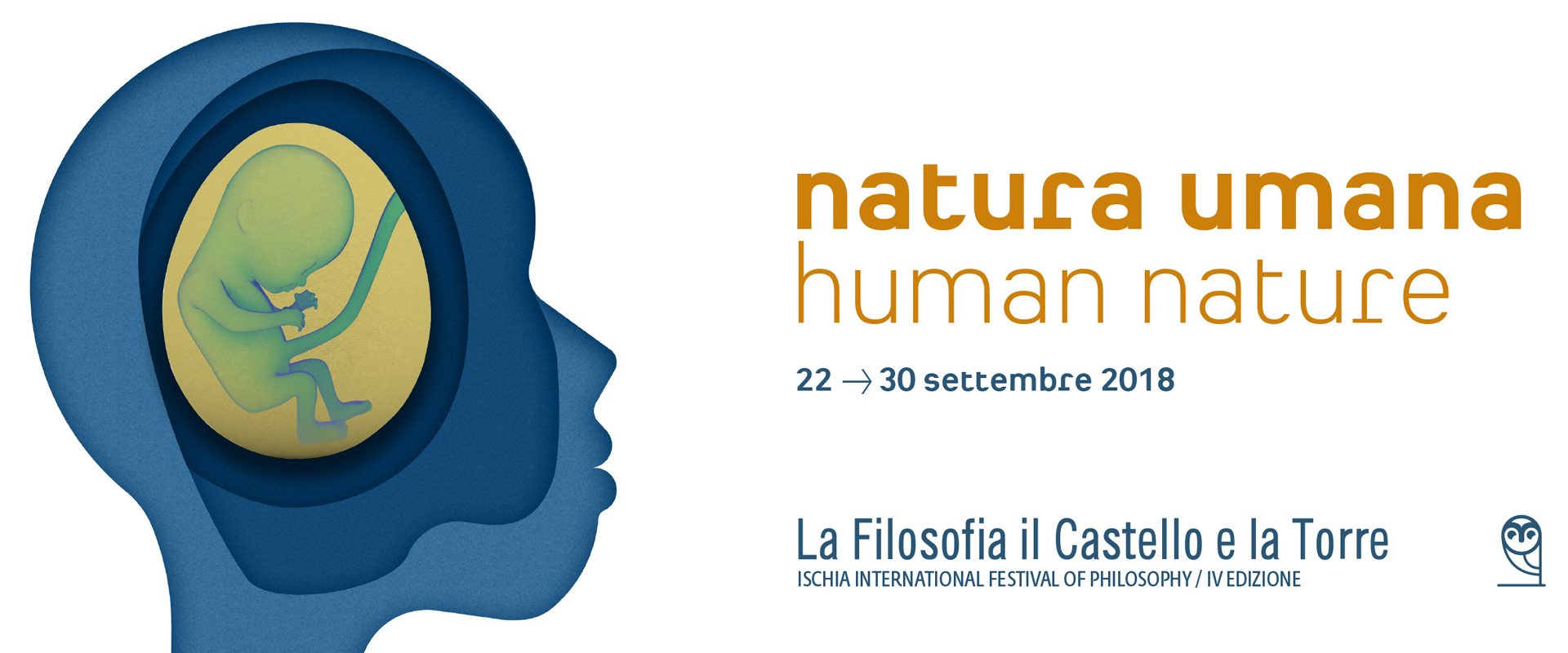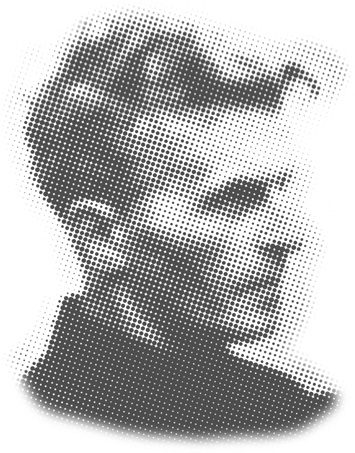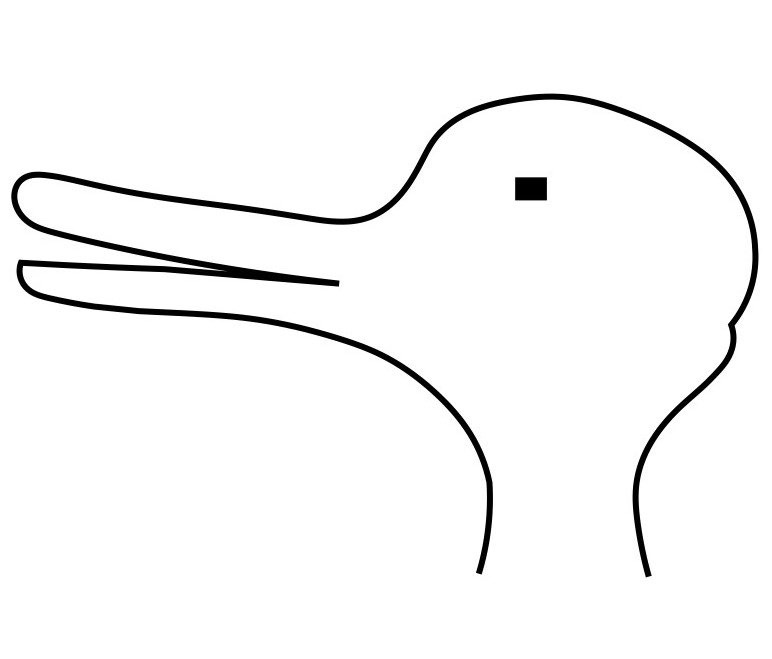A New Universal Theory of Ambiguity
MLAG Research Seminar, Department of Philosophy, University of Porto, 27 February 2019 | Porto, Portugal
 The standard account of ambiguity – a term is ambiguous if it has more than one meaning – doesn’t explain what's the common feature of different types of ambiguity, e.g. syntactic ambiguity, pictorial ambiguity or systematic ambiguity. There is no general definition which is valid for all types of ambiguity and it’s not easy to formally distinguish ambiguity from similar phenomena like vagueness or indeterminacy. My starting point for a New Universal Theory of Ambiguity (NUTA) are single utterance-tokens (speech acts). In a well defined context of communication with a concrete speaker and a concrete hearer my account suggests that an item is ambiguous if a hearer can interpret it in more than one way, i.e., if the item has more than one interpretation or reading. An item is actually ambiguous (in contrast to potentially ambiguous) if it’s not disambiguated. Hereafter, I am able to distinguish ambiguity from vagueness, generality or indeterminacy by means of a criterion of rational assertability. And it’s possible to give a characterization of any individual type of ambiguity: homonymy, polysemy, structural ambiguity and much more – including linguistic and non-linguistic types. Finally, I am going to define ambiguity (in general) as a phenomenon of bifurcation in the process of interpreting utterance-tokens.
The standard account of ambiguity – a term is ambiguous if it has more than one meaning – doesn’t explain what's the common feature of different types of ambiguity, e.g. syntactic ambiguity, pictorial ambiguity or systematic ambiguity. There is no general definition which is valid for all types of ambiguity and it’s not easy to formally distinguish ambiguity from similar phenomena like vagueness or indeterminacy. My starting point for a New Universal Theory of Ambiguity (NUTA) are single utterance-tokens (speech acts). In a well defined context of communication with a concrete speaker and a concrete hearer my account suggests that an item is ambiguous if a hearer can interpret it in more than one way, i.e., if the item has more than one interpretation or reading. An item is actually ambiguous (in contrast to potentially ambiguous) if it’s not disambiguated. Hereafter, I am able to distinguish ambiguity from vagueness, generality or indeterminacy by means of a criterion of rational assertability. And it’s possible to give a characterization of any individual type of ambiguity: homonymy, polysemy, structural ambiguity and much more – including linguistic and non-linguistic types. Finally, I am going to define ambiguity (in general) as a phenomenon of bifurcation in the process of interpreting utterance-tokens.
 As human beings we struggle to understand time. Although we notice the passage of time constantly, it's difficult to put into words what actually is going on. We live in the present, but we also remember the past and we project ourselves into the future. We always perceive changes, but we never perceive time itself. We are surrounded by a lot of temporal things, but time itself seems to be something different. This is why our temporal language is full of metaphors (understood in a wide sense); they help us to grasp and to describe the rather abstract concept of time.
As human beings we struggle to understand time. Although we notice the passage of time constantly, it's difficult to put into words what actually is going on. We live in the present, but we also remember the past and we project ourselves into the future. We always perceive changes, but we never perceive time itself. We are surrounded by a lot of temporal things, but time itself seems to be something different. This is why our temporal language is full of metaphors (understood in a wide sense); they help us to grasp and to describe the rather abstract concept of time. Die logische Mehrdeutigkeit ist eine von vielen Arten der Mehrdeutigkeit, sie tritt auf, wenn man einen Satz einer natürlichen Sprache in eine formale Sprache überträgt, diesen also formalisiert. Ich werde zunächst versuchen, den Begriff der logischen Mehrdeutigkeit anhand einiger Beispiele verständlich zu machen, um die logische Mehrdeutigkeit dann mithilfe eines Kriteriums von logischer Unbestimmtheit zu unterscheiden: Ein Satz p einer natürlichen Sprache L1 sei genau dann logisch mehrdeutig, wenn es mindestens zwei Formalisierungen 𝜑1 und 𝜑2 von p in der formalen Sprache L2 gibt, die gleichermaßen als korrekt angesehen werden können und zwischen denen sich ein rationaler Sprecher, der Satz p behauptet, entscheiden muss. Was den Begriff der Mehrdeutigkeit im Allgemeinen betrifft, so gehe ich erstens davon aus, dass dieser nur dann adäquat charakterisiert werden kann, wenn man ihn auf einer pragmatischen Ebene zwischen Sprecher und Hörer einer Äußerung betrachtet, und zweitens, dass nicht bloß das mehrdeutig genannt werden sollte, was mehrere Bedeutungen hat, sondern das, was mehrere Deutungen zulässt.
Die logische Mehrdeutigkeit ist eine von vielen Arten der Mehrdeutigkeit, sie tritt auf, wenn man einen Satz einer natürlichen Sprache in eine formale Sprache überträgt, diesen also formalisiert. Ich werde zunächst versuchen, den Begriff der logischen Mehrdeutigkeit anhand einiger Beispiele verständlich zu machen, um die logische Mehrdeutigkeit dann mithilfe eines Kriteriums von logischer Unbestimmtheit zu unterscheiden: Ein Satz p einer natürlichen Sprache L1 sei genau dann logisch mehrdeutig, wenn es mindestens zwei Formalisierungen 𝜑1 und 𝜑2 von p in der formalen Sprache L2 gibt, die gleichermaßen als korrekt angesehen werden können und zwischen denen sich ein rationaler Sprecher, der Satz p behauptet, entscheiden muss. Was den Begriff der Mehrdeutigkeit im Allgemeinen betrifft, so gehe ich erstens davon aus, dass dieser nur dann adäquat charakterisiert werden kann, wenn man ihn auf einer pragmatischen Ebene zwischen Sprecher und Hörer einer Äußerung betrachtet, und zweitens, dass nicht bloß das mehrdeutig genannt werden sollte, was mehrere Bedeutungen hat, sondern das, was mehrere Deutungen zulässt.